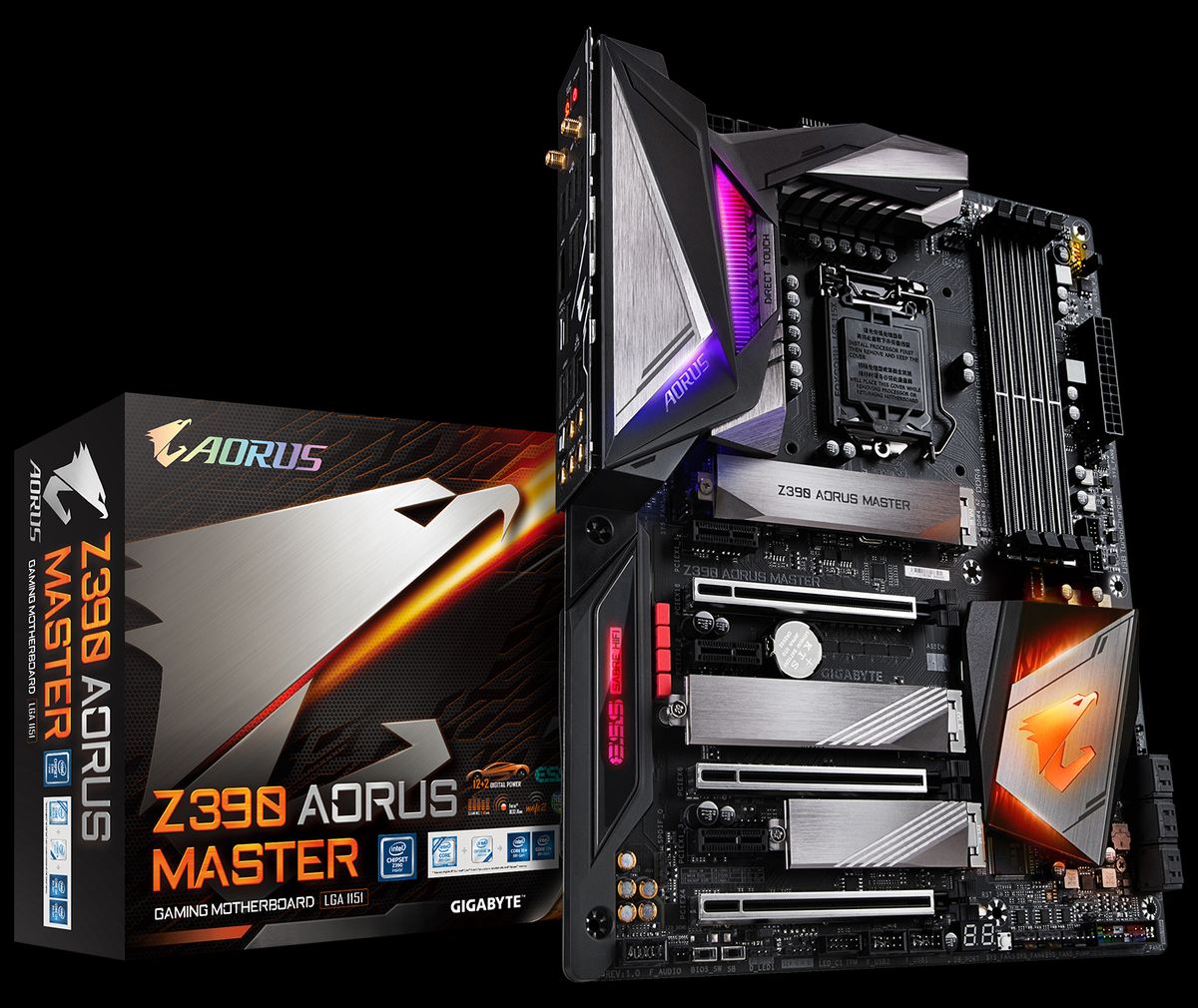So, I am in search for a Z390 motherboard. I will be upgrading to an i9-9900K, so I need a pretty beefy one. I am considering the Gigabyte Aorus Master, ASRock Phantom Gaming 9 and lastly the MSI MEG ACE. I have been researching like crazy, and I am really leaning toward the Gigabyte or the ASRock, but I am still at a loss.
Amazon reviews have been less than favorable for the Aorus. There are a couple reviews that basically call this thing garbage. Who is to trust? Most other sources praise the Aorus.
The Gaming 9 has great reviews, but is missing some features.
The ACE has been criticized pretty heavily due to VRM cooling, which makes sense.
Overall, I just want a moderate OC experience with good VRMs and features without breaking the bank (under $300). I would also ideally like to order from Amazon.
Let me know what you guys think.
Amazon reviews have been less than favorable for the Aorus. There are a couple reviews that basically call this thing garbage. Who is to trust? Most other sources praise the Aorus.
The Gaming 9 has great reviews, but is missing some features.
The ACE has been criticized pretty heavily due to VRM cooling, which makes sense.
Overall, I just want a moderate OC experience with good VRMs and features without breaking the bank (under $300). I would also ideally like to order from Amazon.
Let me know what you guys think.



